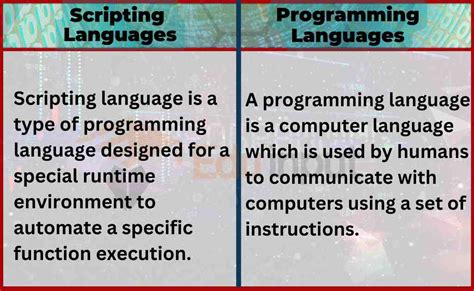For a long time, PHP has been considered the underdog of programming languages, often criticized for its poor security practices and sluggish performance. However, recent advancements have dramatically transformed its capabilities, breathing new life into this age-old server-side scripting language. With the introduction of PHP 7 and continuing through PHP 8, the language has seen improvements in speed that rival some of the more traditionally ‘efficient’ languages, such as Java and JavaScript, making it a serious contender in the programming world.
Many developers love PHP for its simplicity and ease of entry, which historically contributed to its widespread adoption, particularly among web developers. The native session management and the built-in stream manipulation functions have allowed PHP to serve web pages efficiently without the complexity of learning additional programming paradigms. However, the enhancements in PHP 7 and PHP 8 go beyond just syntactic sugar and include substantial performance boosts and better error handling mechanisms, making PHP a viable option for large-scale enterprise applications.
One cannot discuss the modernization of PHP without mentioning the significant jump in execution speed and reduced memory usage. The introduction of the Just-In-Time (JIT) compilation in PHP 8 promises an optimized performance that can compete with compiled languages. This feature dynamically compiles PHP code into machine language at runtime, significantly speeding up performance-critical applications. Such enhancements not only reduce server costs but also make PHP a more environmentally friendly option due to lower computational power requirements.
Security, a long-standing concern with PHP due to its share of vulnerabilities in older versions, has also seen drastic improvements. Modern PHP supports more robust encryption standards and offers enhanced password hashing algorithms. One of the most impactful changes has been the abandonment of older, insecure functions in favor of newer, more secure ones. The language has grown to include features that allow for more reliable and secure web applications to be built without sacrificing ease of use.
Beyond performance and security, PHP’s flexibility ensures it remains a favorite. It operates on major operating systems like Linux, Windows, and macOS without major modifications, making it a versatile choice for developers across platforms. The modern PHP is also better at handling errors and exceptions, which streamlines coding and debugging processes significantly. Such improvements are central to PHP’s growing acceptance in tech communities where it was once shunned.
PHP’s seamless integration with databases remains one of its strongest features. It interacts flawlessly with popular databases such as MySQL, making it an enduring choice for developing dynamic websites and applications. With frameworks like Laravel and Symfony, PHP leverages modern programming features like ORM (Object-Relational Mapping), MVC (Model-View-Controller) architecture, and templating engines, providing a structured coding environment that boosts productivity and maintenance.
The future looks promising for PHP. As communities around it continue to grow and contribute to its development, the language is shedding its reputation as merely a ‘beginner’s tool.’ With its latest iterations, PHP is proving to be a powerful platform for web development and more, capable of handling complex, high-traffic websites while ensuring the application’s security and robustness. The old stigmas are being challenged, and PHP is emerging as a mature, reliable, and flexible language ready for modern development challenges.


Leave a Reply